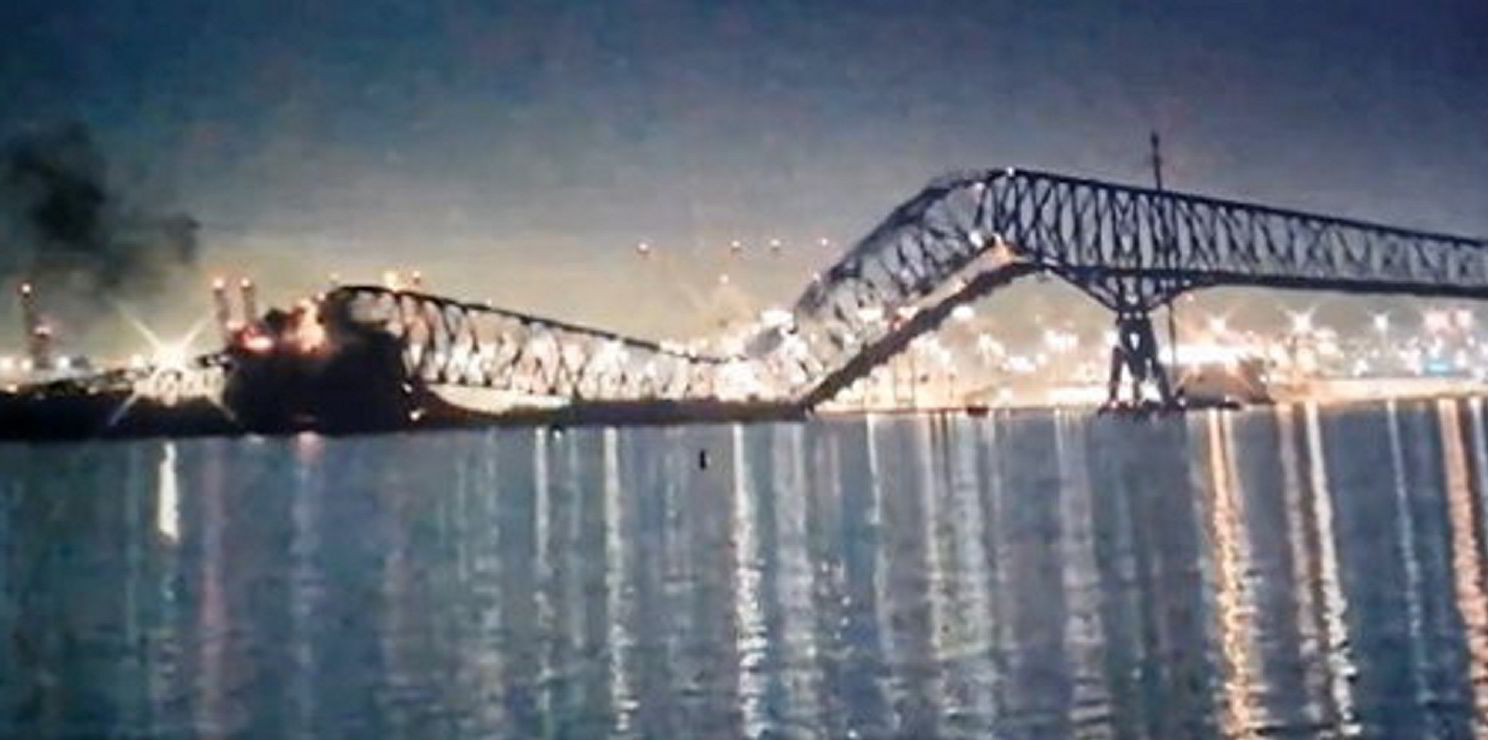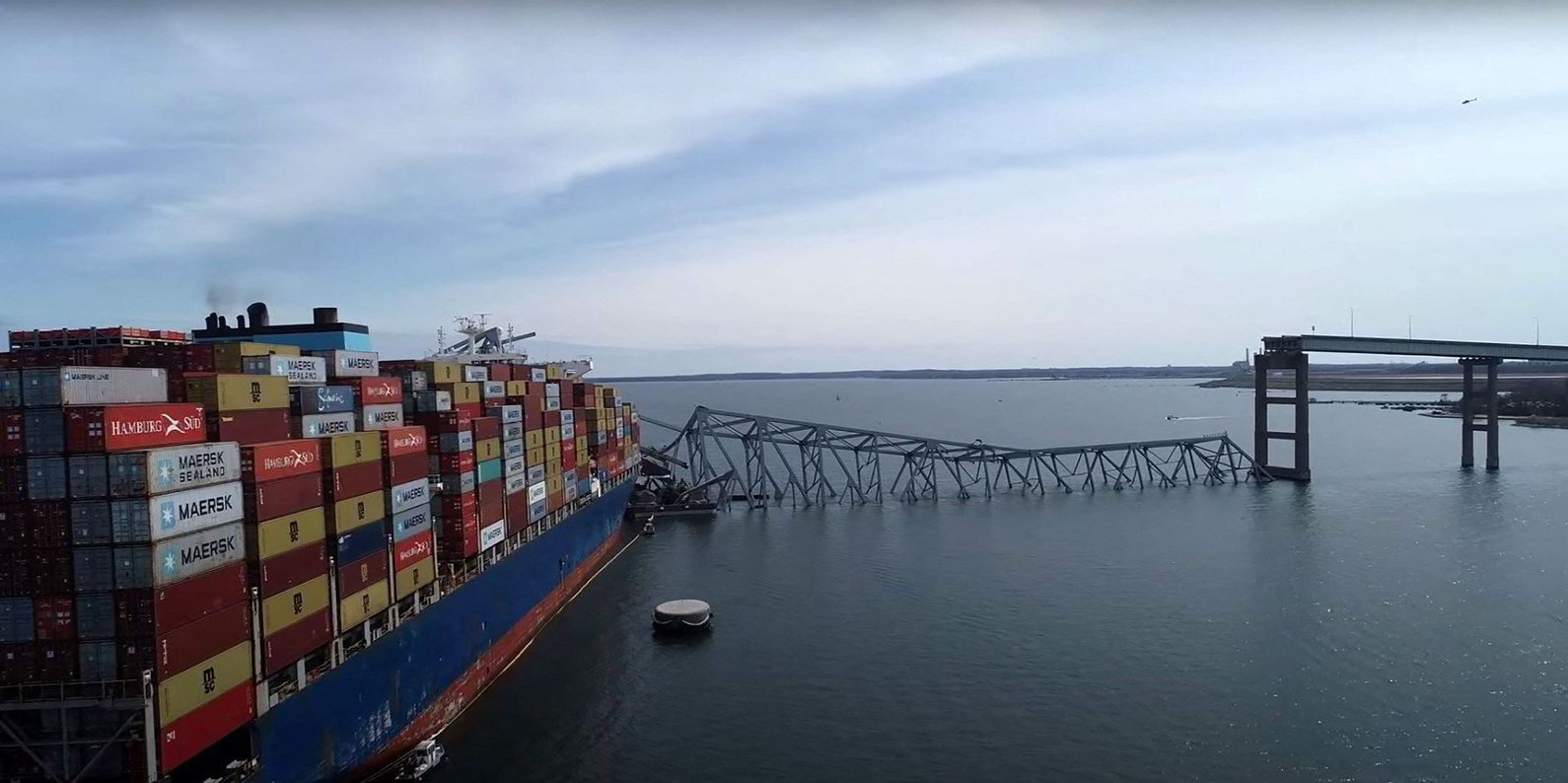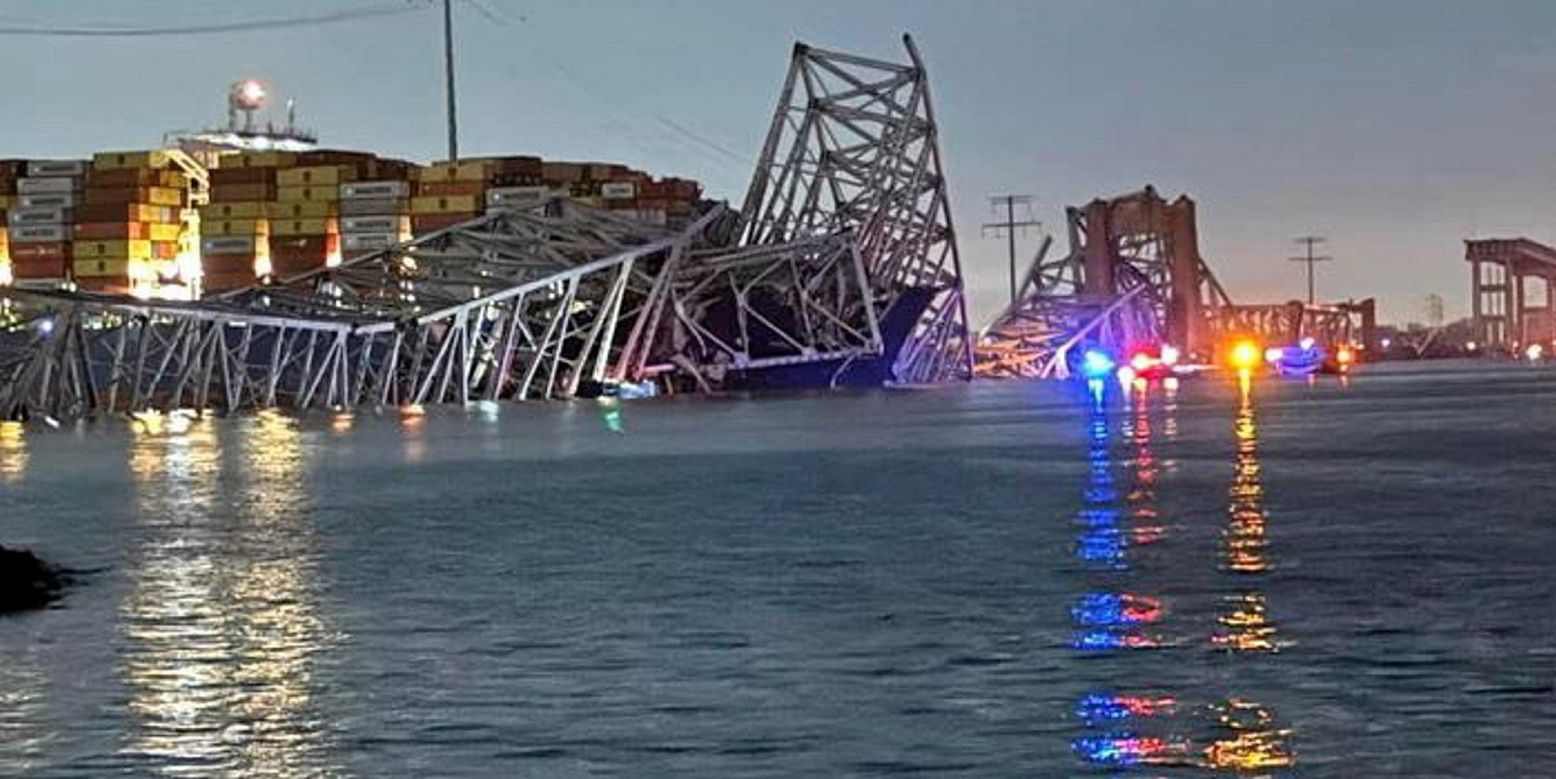There’s a good deal of visceral anger being directed at the owner-operators of the container ship that struck and collapsed a major bridge in Baltimore on Tuesday, killing six construction workers, essentially closing the port and causing untold economic damage to the region.
It even surfaced at the White House press briefing on Wednesday, when a reporter suggested that Pete Buttigieg, the US transportation secretary, “go after the shipping company”.
But when it comes to economic damages, it won’t be so straightforward under the peculiarities of maritime law. And that includes other shipowners or port-terminal operations impacted by the port closure.
“Maritime law has ancient roots and people who are not steeped in the history and knowledge of it are going to be shocked at some of the archaic legal principles and defenses that will be asserted in this case that avoid recovery that otherwise would have been guaranteed,” said James Power, a partner in the New York office of Holland & Knight.
Probably best known is the Limitations of Liability Act, which allows, with exceptions, vessel owners to limit their exposure after a maritime incident or casualty to the post-casualty value of the vessel. Sometimes the value of the cargo is added to the sum.
The 9,962-teu Dali (built 2015) is worth about $82.6m in the view of VesselsValue in a case where Barclays analysts estimate overall claims could reach $3bn.
Century-old precedent
But there is another more obscure provision called the Robins Drydock doctrine that may cause additional frustrations for others who feel they have suffered money damages from the catastrophe, maritime lawyers tell TradeWinds.
The precedent is nearly a century old, stemming from a 1927 US Supreme Court decision — Robins Dry Dock and Repair Co. v. Flint — and states that purely economic losses are not recoverable from a shipowner in a maritime tort claim.
“Essentially, the Robins Drydock doctrine stands for the proposition that, unless a claimant suffers some sort of physical damage as a result of the incident, such as the ship itself suffering physical damage, the claimant is not entitled to recover consequential damages, such as charter hire lost as a result of the delays caused by the incident,” said Connecticut-based maritime attorney Thomas Tisdale of law firm Tisdale & Nast.
“There are some exceptions, and some variations between the circuits, but generally speaking in the US, the ships which are stuck either trying to sail into or out of Baltimore and are unable to do so because of the allision with the bridge, have no claim against the Dali or their owners/operators for those delays.”
A third veteran shipping lawyer who asked not to be identified also cited the precedent.
“This means that businesses to the land-side of the destroyed bridge might not be able to recover millions in lost revenue caused by the allision. Ships trapped there, terminals losing business and so on,” he said.
Tisdale said he was not certain that Robins Drydock would apply to the land-based businesses, but he arrived at a similar overall conclusion.

“Robins applies only to tort claims, but its highly unlikely that there is any breach of contract claim between the terminal and the Dali,” Tisdale said.
“Absent a contract claim, the terminal would have no right of recovery against the ship, unless they can prove something like gross negligence, which is a very difficult burden to carry.”
Other cases in which shipowners have successfully applied Robins Drydock involve incidents such as a vessel’s anchor rupturing a power cable, causing utility customers to pay several times more for their electric supply, Power said.
“The more remote you get from the physical damage, the harder it is to claim economic loss because of the doctrine of Robins Drydock,” Power said.
“In this case, if you owned the bridge that was damaged, trucks that fell into the water, containers that were damaged on the vessel, those people would not be prevented from pursuing claims. But if you own a ship waiting to get in or out or your trucks have to travel further and pay more because now the bridge is gone — that sort of party may not recover.”
Plenty of other forms of litigation can be expected, however, including wrongful death actions by the families of the deceased workers.






